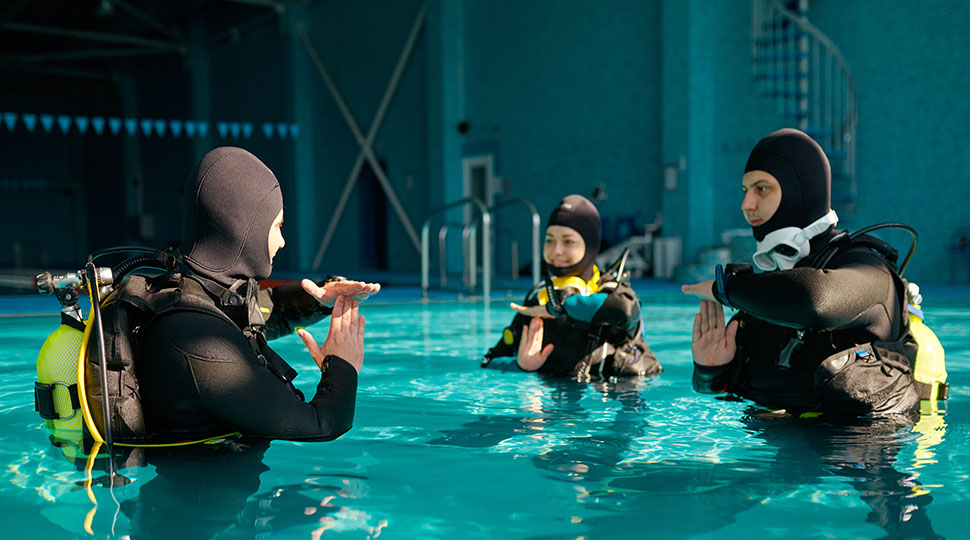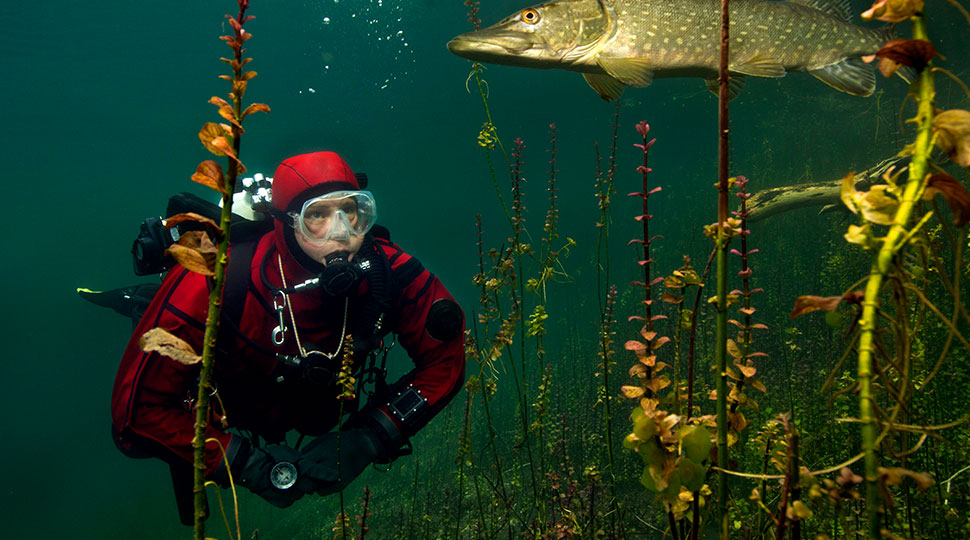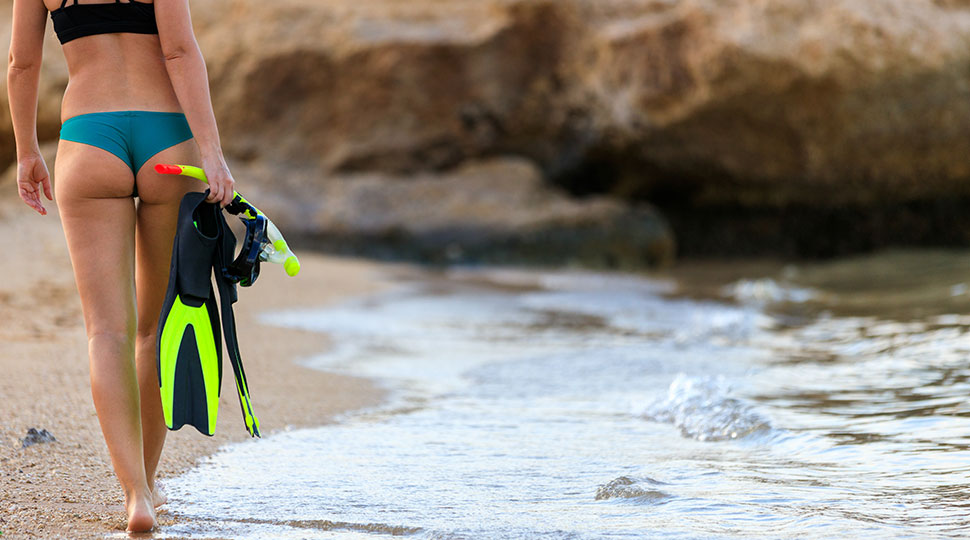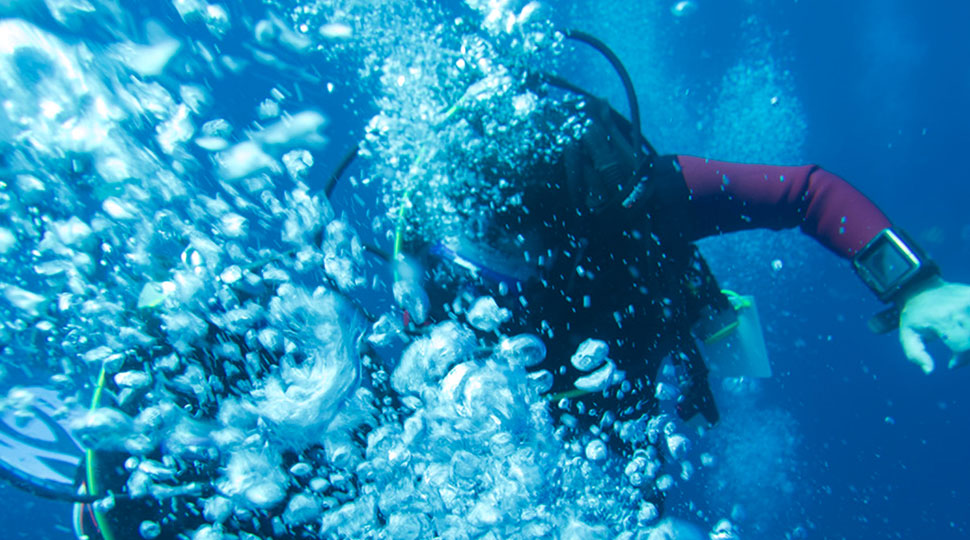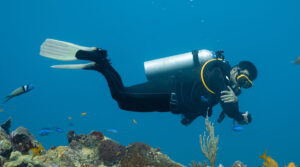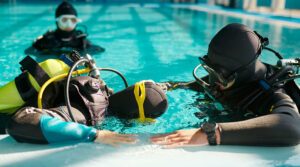Are you ready to take the plunge and explore the underwater world? Scuba diving certification courses for beginners are an excellent way to get started, but what can you expect from the process?
As a beginner, it’s natural to feel a mix of excitement and nervousness as you embark on this new adventure.
But with the right guidance and training, you’ll be well-prepared to navigate the underwater world with confidence.
What to Expect from the Course
Before diving into the world of scuba diving, it’s essential to understand that getting certified requires a structured course. The certification process typically involves both theoretical and practical training, which will equip you with the necessary skills and knowledge to dive safely and confidently. You’ll learn about the fundamentals of scuba diving, including breathing techniques, equipment usage, and basic scuba diving skills.
The most popular scuba diving certification agencies, such as PADI (Professional Association of Diving Instructors) and NAUI (National Association of Underwater Instructors), offer a range of courses designed specifically for beginners.
These courses are usually divided into several modules or sessions, each focusing on a specific aspect of scuba diving. For example, you might start with an introduction to scuba diving principles, followed by hands-on training in the pool or shallow water.
Throughout your course, you’ll have the opportunity to ask questions and get feedback from experienced instructors who are passionate about sharing their knowledge. You’ll also be surrounded by like-minded individuals who are eager to learn and explore the underwater world.
By the end of your course, you’ll feel confident and prepared to take on more advanced training or plan a dive trip with friends.
Scuba diving certification courses for beginners are designed to be fun and engaging, while also providing you with the skills and knowledge you need to stay safe in the water.
Skills Learned in the Course
As you progress through your scuba diving certification course, you’ll discover that it’s not just about learning new skills – it’s also about developing a deeper understanding of the underwater world. You’ll learn essential skills that will help you navigate the ocean with ease and confidence.
Breathing techniques: One of the most critical skills you’ll master is breathing properly while underwater. This might seem simple, but it’s crucial for maintaining a safe and comfortable dive. With practice, you’ll become more efficient at managing your air supply and be able to enjoy your dives without worrying about running out of breath.
Equipment usage: You’ll also learn how to use the various pieces of scuba diving equipment, including masks, snorkels, and regulators. By understanding how each piece works together, you’ll be better equipped to troubleshoot any issues that might arise during a dive.
Basic scuba diving skills: As you progress through your course, you’ll practice basic skills such as buoyancy control, navigation, and emergency procedures. These skills will help you stay safe while diving and give you the confidence to explore new depths and environments.
Benefits of Getting Certified
So, why should you invest time and money in getting certified? The benefits are numerous, and here are just a few reasons to consider:
Increased confidence: With your certification, you’ll feel more confident and independent while diving. You’ll know that you’ve received the training and guidance needed to stay safe and enjoy your dives.
Access to more dive sites: As a certified diver, you’ll have access to a wider range of dive sites and opportunities for further training. This could include exploring shipwrecks, coral reefs, or even participating in underwater photography expeditions.
Improved understanding of marine life: Scuba diving certification courses often include modules on marine biology and conservation, which will deepen your appreciation for the underwater world. You’ll learn about the importance of responsible diving practices and how to minimize your impact on the environment.
Putting it all Together
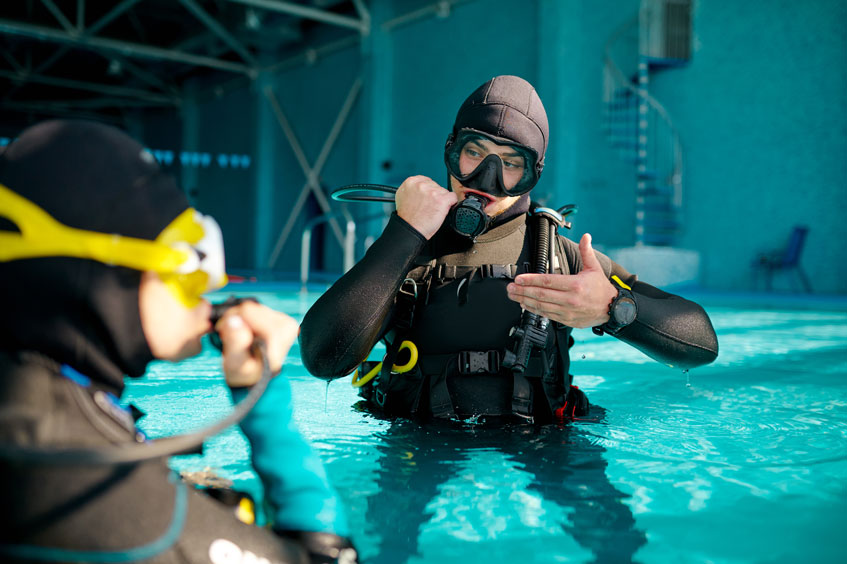
As you near the end of your scuba diving certification course, you’ll feel a sense of accomplishment and pride in your newfound skills. You’ve learned how to breathe properly while underwater, mastered basic scuba diving skills, and gained a deeper understanding of the marine environment.
With this knowledge, you’ll be able to explore the ocean with confidence and independence.
By the end of your course, you’ll be well-equipped to plan and execute a safe and enjoyable dive. You’ll know how to navigate the ocean with confidence, manage your air supply efficiently, and respond to any emergencies that may arise.
With your certification in hand, you’ll feel empowered to take on new challenges and explore the underwater world like never before.
Imagine yourself swimming alongside sea turtles, exploring shipwrecks, or discovering hidden coral reefs. The possibilities are endless, and with your new skills and knowledge, you’ll be ready to take on whatever the ocean has in store for you.
From a beginner or an experienced diver, scuba diving certification courses are designed to help you reach your full potential and explore the underwater world with confidence.
The Safety Stop
Getting certified as a scuba diver is an exciting and rewarding experience. By following this guide, you’ll have a better understanding of what to expect from the course and the benefits that come with it.
So, don’t hesitate – sign up for a certification course today and start exploring the world beneath the waves!

